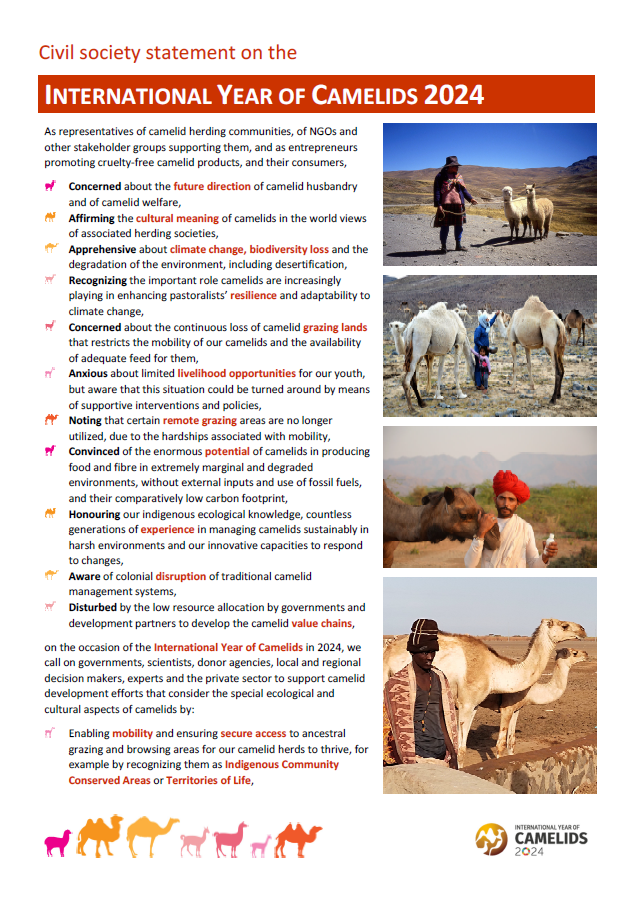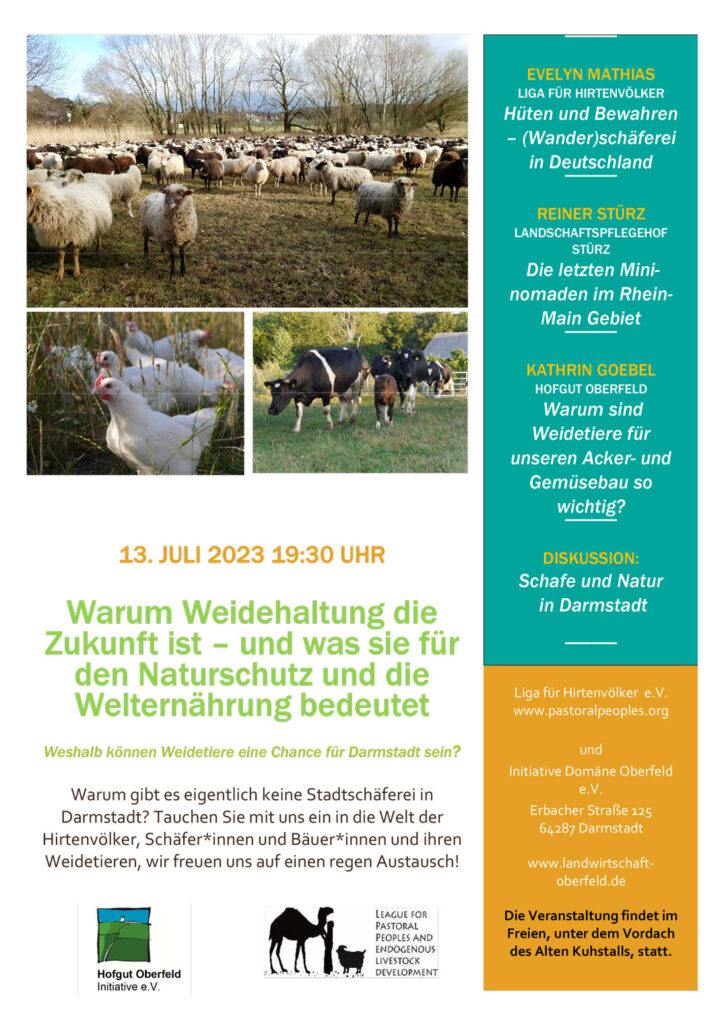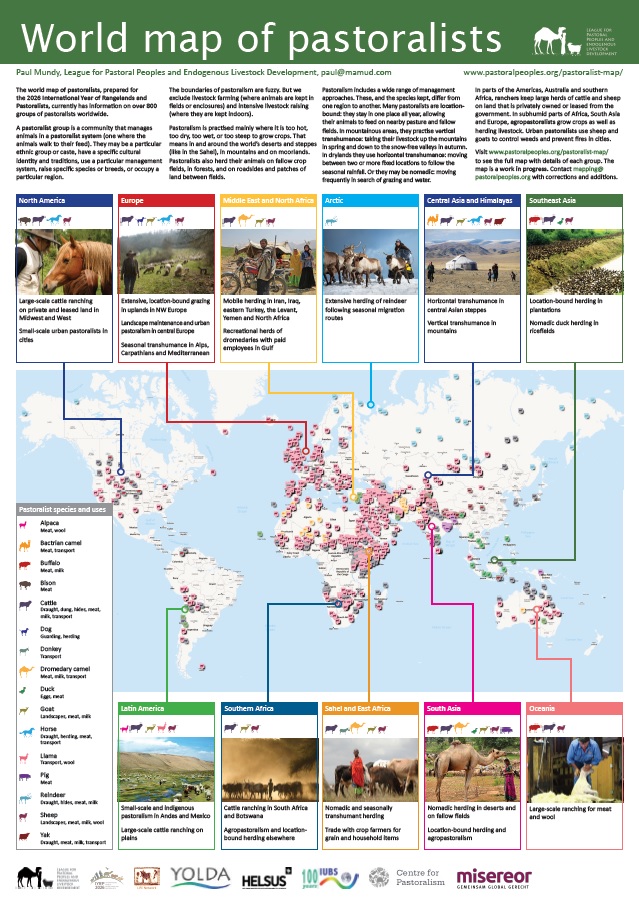19 organizations sign civil society statement on the International Year of Camelids

Nineteen civil society organizations have so far signed a statement calling for greater efforts to support the development of camelids around the world.
Camelids include domesticated alpacas, llamas, dromedaries and Bactrian camels, plus guanacos, vicunas and wild Bactrians, which are wild species.
Domesticated camelids are vital for herders in the Andes of South America, the drylands of the Sahel and East Africa, and the deserts and steppes of the Middle East and Central Asia.
The civil-society statement calls on governments to ensure that herders can remain mobile so they can continue to find pasture and water in these harsh environments. It also calls for investments in small dairies and decentralized infrastructure so herders can sell their products, and better provision of veterinary services to keep their livestock healthy.
It stresses the need for standards for camelid welfare and the avoidance of the industrial management practices that have become typical of other livestock species.
2024 has been designated as the International Year of Camelids by the United Nations.
Do you represent a civil-society organization? Contact info@pastoralpeoples.org to sign up to the statement.
World map of pastoralists poster
This poster shows the locations of over 800 pastoralist groups around the world, and highlights pastoralist systems from the Arctic to Australia. The poster is DIN A1 size (59.4 x 84.1 cm or 23.4 x 33.1 inches).
The poster is based on the World map of pastoralists, prepared for the 2026 International Year of Rangelands and Pastoralists..
Visit www.pastoralpeoples.org/pastoralist-map/ to see the full interactive map with details of each group.
Vortrags- und Diskussionsveranstaltung mit der Initiative Domäne Oberfeld e.V.
13.07.23, 19:30 Uhr, Hofgut Oberfeld in Darmstadt: Warum Weidehaltung die Zukunft ist – und was sie für den Naturschutz und die Welternährung bedeutet“

Warum können Weidetiere auch eine Chance für Darmstadt sein? Bei der gemeinsamen Veranstaltung mit der Initiative Domäne Oberfeld geht es um Wanderschäferei in Deutschland und weltweit und um die letzten (Mini)-Nomaden im Rhein-Main-Gebiet. Außerdem erklärt Kathrin Goebel, Bäuerin am Hofgut Oberfeld, warum Weidetiere auch für unseren Acker- und Gemüsebau so wichtig sind. Welche Beweidungsprojekte gibt es bereits in Darmstadt? Wäre eine Stadtschäferei sinnvoll? Tauchen Sie mit uns ein in die Welt der Hirtenvölker, Schäfer*innen und Bäuer*innen und ihren Weidetieren, wir freuen uns auf einen regen Austausch.
13.07.2023 19:30 Uhr
Ort: Hofgut Oberfeld, Erbacher Str. 125, Darmstadt, am alten Kuhstall.
Veranstalter: Liga für Hirtenvölker e.V. und Initiative Domäne Oberfeld e.V. www.landwirtschaft-oberfeld.de

